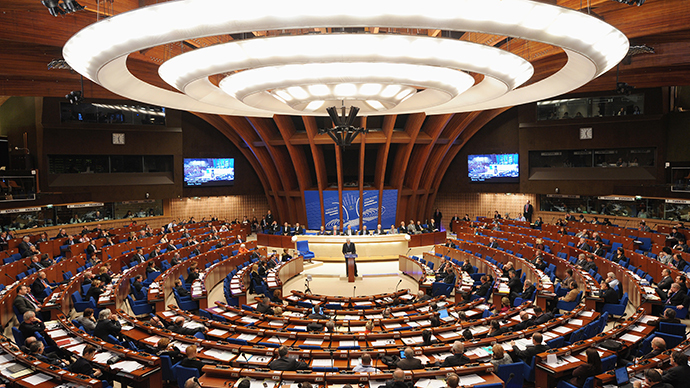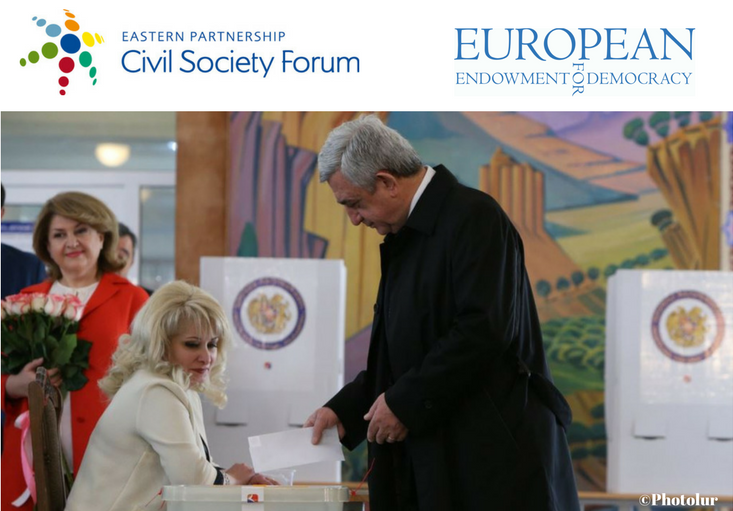The Independent Defence Anti-Corruption Committee (NAKO), Transparency International Defence & Security Programme, and Eastern Partnership Civil Society Forum organise the discussion How Security Assistance Can Contribute to Defence Reform in Ukraine: Civil Society Perspective, presenting the NAKO strategy 2017-2018 and its first report on corruption risks in security assistance.
When: Thursday, 11 May 2017, 17.30 -19.00
Where: Thon Hotel EU, Rue de la Loi 75
Registration: We kindly ask you to confirm your attendance by Wednesday 10 May by filling in this form
Speakers:
- Oleh Rybachuk, Co-chair, Independent Defence Anti-Corruption Committee
- Katherine Dixon, Programme Director, TI Defence & Security Programme
- Hennadiy Maksak, EaP CSF Steering Committee Co-chair, Foreign Policy Council “Ukrainian Prism”
Moderator: Carl Dolan, Director, Transparency International EU (TBC)
The Independent Defence Anti-Corruption Committee (Nezalezhny Antikorrupciynii Komitet z pytan oborony, or “NAKO”) was set up to fight corruption in the Ukrainian defence sector. The Committee comprises six members – three national and three international experts. Its mandate includes analysing and evaluating anti-corruption efforts in the defence sector, the development of recommendations, reporting to Ukrainian authorities and the public, promoting transparency, and strengthening accountability structures.
As a first step, the NAKO has developed its strategy, drawing on research into lessons learned from other monitoring groups, including the Monitoring & Evaluation Committee in Afghanistan. Based on the findings from the 2015 Government Defence Anti-Corruption Index, produced by TI Defence & Security, it submitted recommendations on reducing corruption in the defence and security sector to be included in Ukraine’s Annual National Programme 2017. Its first piece of research is an analysis of corruption risks in the provision of security assistance and military aid. It has also established a mechanism for reporting corruption risks in the defence establishment anonymously, and it has begun researching corruption risks in military housing, medical procurement, and checkpoints in the East.




